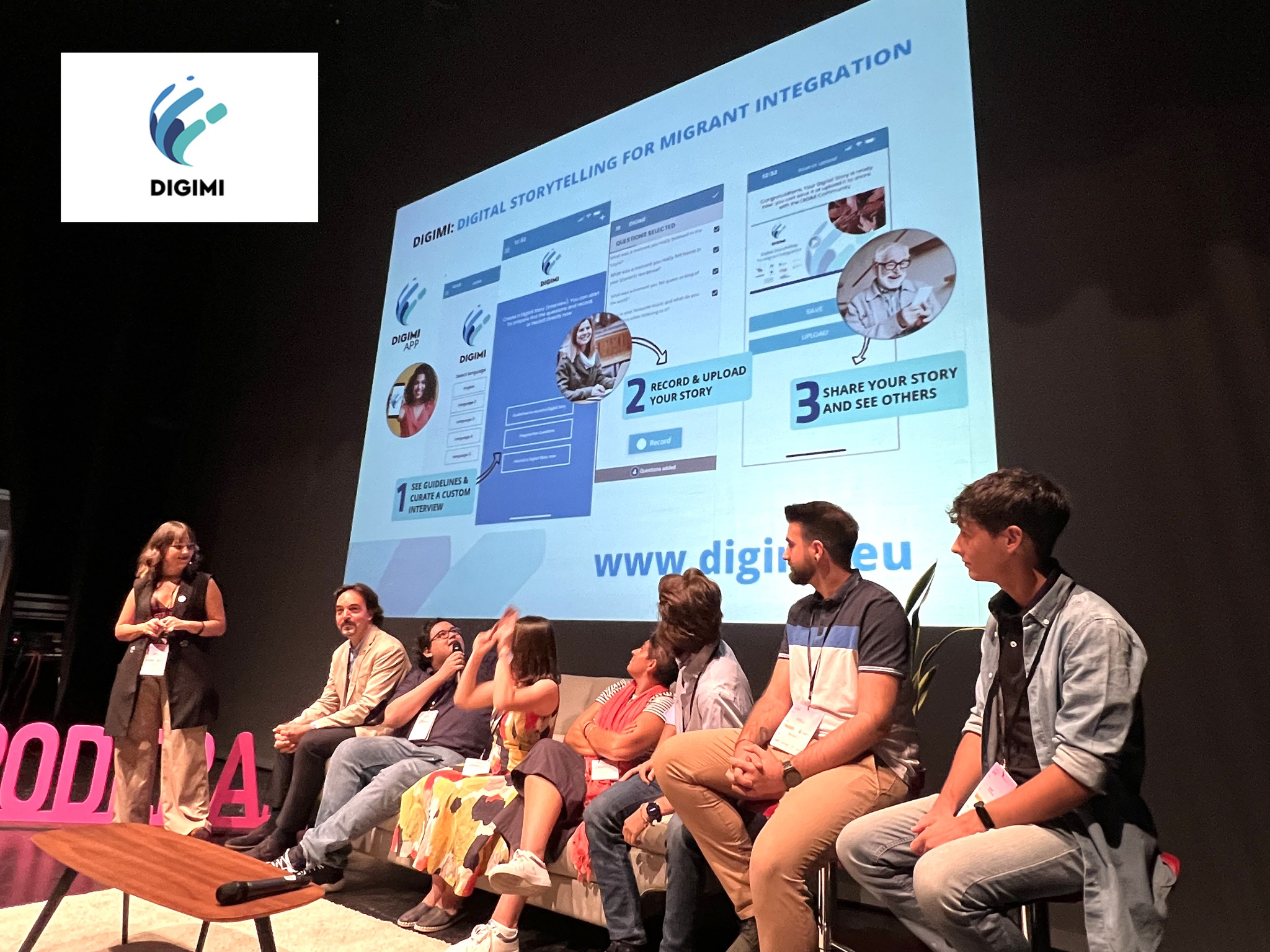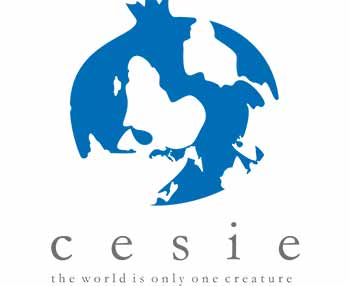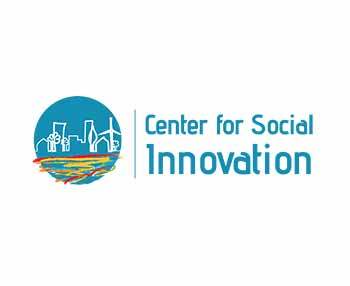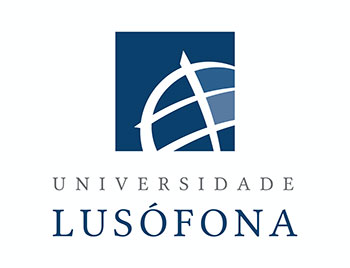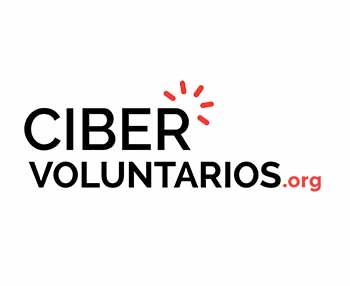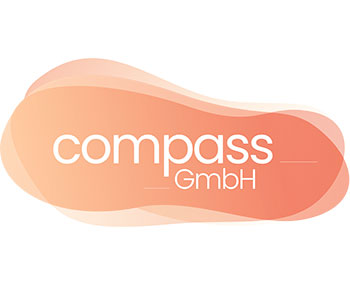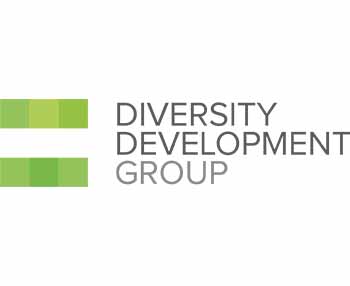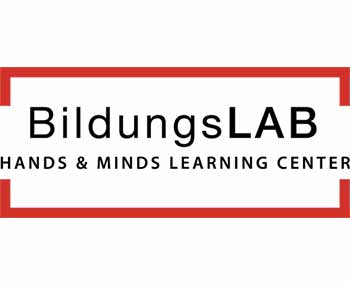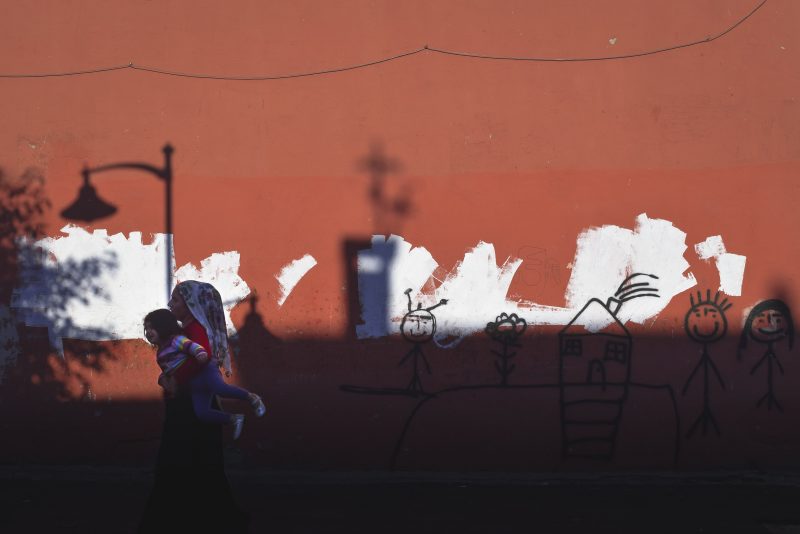
Integration challenges from migrant/refugees perspective
02/13/2022
In the frame of the project focus groups with migrants/refugees were carried out in each partner country. The aim of these focus groups was to collect information on the migrants’/refugees’ needs and expectations with regards to the expected outputs/deliverables of the project and how these could be a supportive mechanism to their needs. Totally 38 persons representing 19 different countries of origin were interviewed.
Among various topics discussed during the focus groups the most common integration challenges were identified. These are: the language barrier, bureaucratic hardships related to migration and integration, challenges in finding a stable job, negative attitudes and prejudices towards migrants, difficulties in establishing relationships with the locals.
The language barrier
The language barrier was described as the most challenging factor to successful integration by nearly all migrants/refugees who took part in focus groups. Its significance by informants in Lithuania and Italy was linked to situations in which migrants face obstacles in communicating with the local people and establishing solid relationships with them.
The lack of local language skills hinders the whole integration process as migrants need to put extra effort in proving their willingness and ability to integrate. As informants in Italy point out, it is best demonstrated in situations where migrants who cannot speak the local language need to find a stable job and so secure their stay in the country. Bureaucratic hardships related to migration and integration Prolonged formal procedures, requirements beyond abilities of migrants, administrative burdens, and provision of conflicting information by formal/informal authorities have been described as challenges by migrants. Specific bureaucratic challenges are more often faced by students and refugees. For example, Lithuanian focus groups’ participants disclosed about difficulties in opening a bank account, limited opportunities to join the labour market (especially previously, when Master students could work only part time), limited access to health care services (due to the lack of medical insurance students can receive medical assistance only in case of emergency), to get a scholarship if a person is not from Belarus or EU–country.
However, informants in Austria noticed that the status of a student may open up greater support in terms of social network through their university compared to people who came for employment or asylum, making the integration much easier. Challenges in finding a stable job This group of obstacles relates to not only efforts burdened in finding an employment, but also in the lack of opportunities for migrants in regard to their qualifications possessed, the jobs that may not correspond their expectations or limited opportunities to change the employer. For example, informants mentioned the lack of jobs as a major obstacle to integration in Italy. In particular, it is very difficult to enter the market in a legal way (i.e., with a regular contract). It was also mentioned that even if you can find a job in Italy as an immigrant, most often it is not the job you are qualified for or the job you wished you could do originally. Negative attitudes and prejudices towards migrants Such attitudes may be held by both the local community members and service providers and create a hostile environment unfriendly to migrants. Informants in Austria, Italy and Spain pointed out that in some contexts, migrants are perceived as “inferior” ones, outsiders, or guests, are labelled as “job–thieves”, “people in constant need of help” and as coming to the countries to live from subsidies.
As informants in Austria put it – migrants are expected to be naturally grateful for being in host countries and supposed to demonstrate respect. Such an environment may lead to questioning as to where people belong, as they do not feel at home anymore, but they are perceived as guests in the host country. Difficulties in establishing relationships with the locals Focus groups’ participants talked about the persistent difficulties in creating a relationship with local people due to language barrier and cultural differences, perceived sense of loneliness and social isolation. For example, in Austria, some referred to difficulties in finding common interests with the locals making them hold on to their own community. Hence, interaction with the local society and “finding people that you can trust” can be quite a challenge for migrants.
In the Netherlands, the lack of a social network, absence of friends, the family far away and the loneliness this produces constituted a serious obstacle. Interestingly, as an informant in Italy noticed, social isolation can be rooted in a geographical isolation, namely, the reception centre which is distanced. The participant disclosed that when he arrived in Italy, he was sent to a reception centre which was far away from any major city. This geographic isolation represented an important obstacle to him as he could not meet anybody other than the other migrants living in the centre. In particular, he could not meet any local person, and this made him feel socially and emotionally isolated as well.




